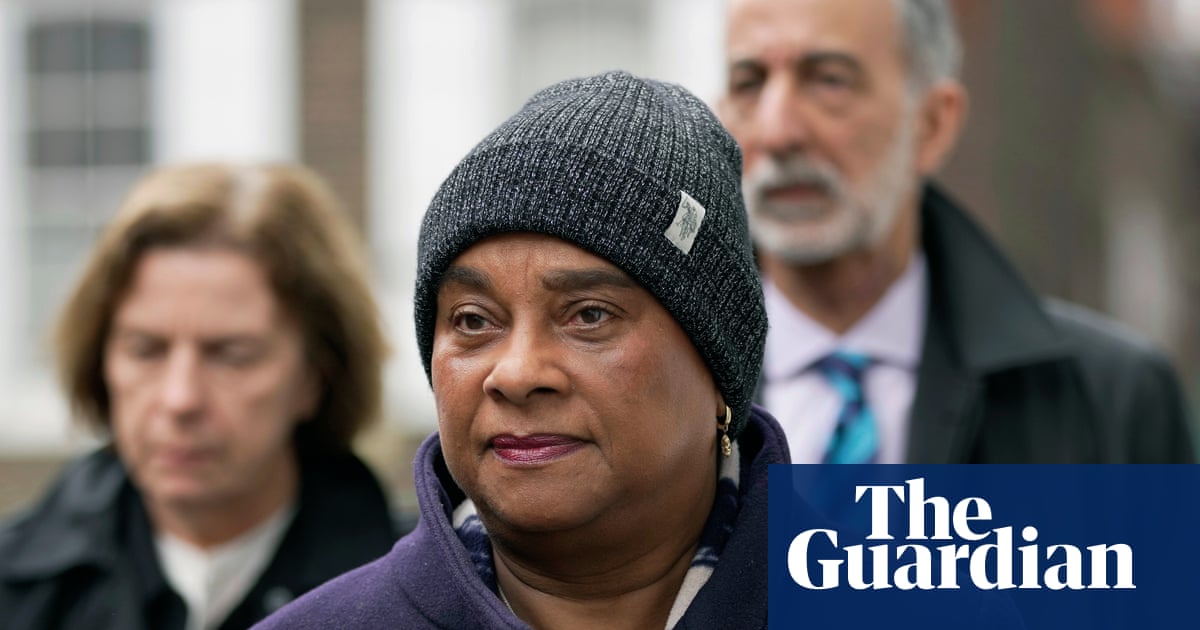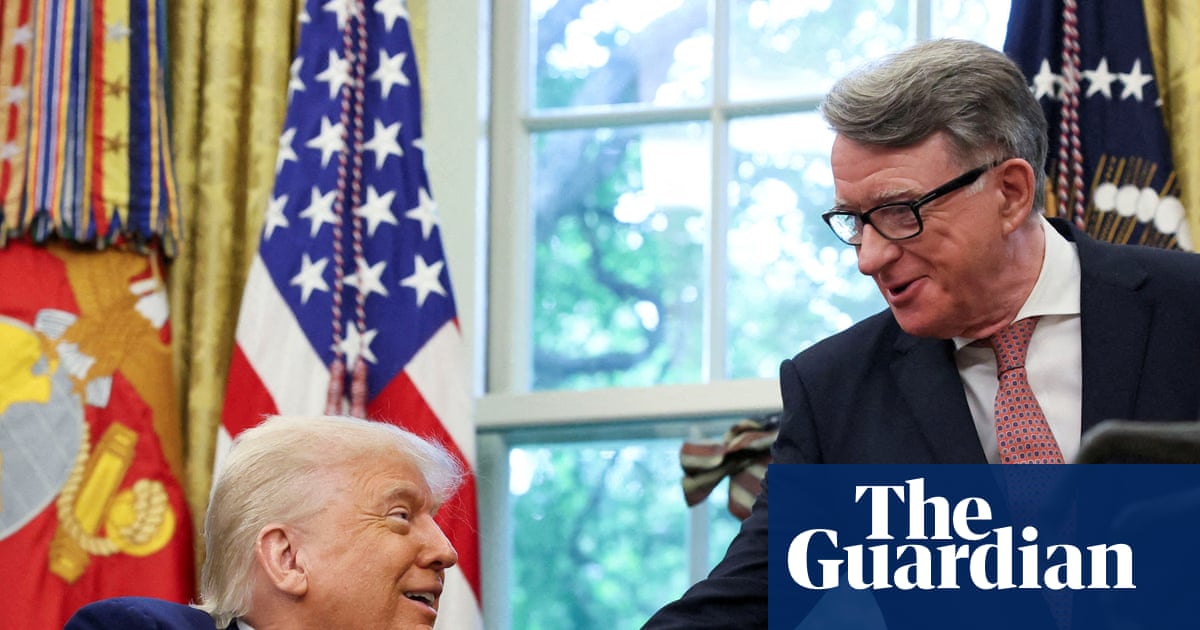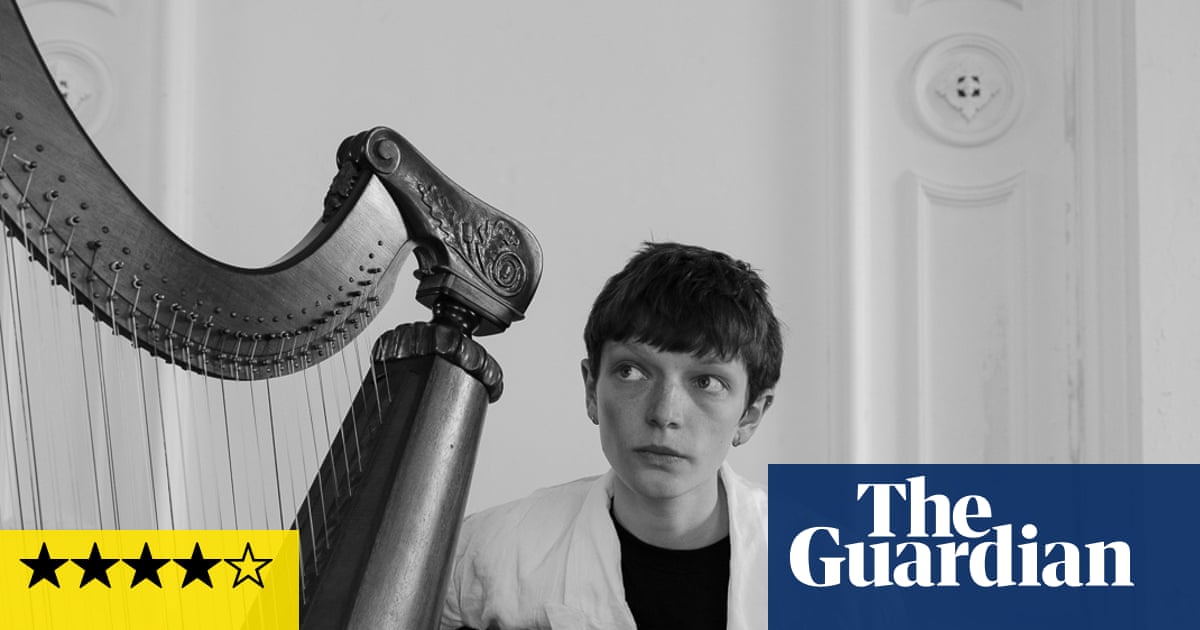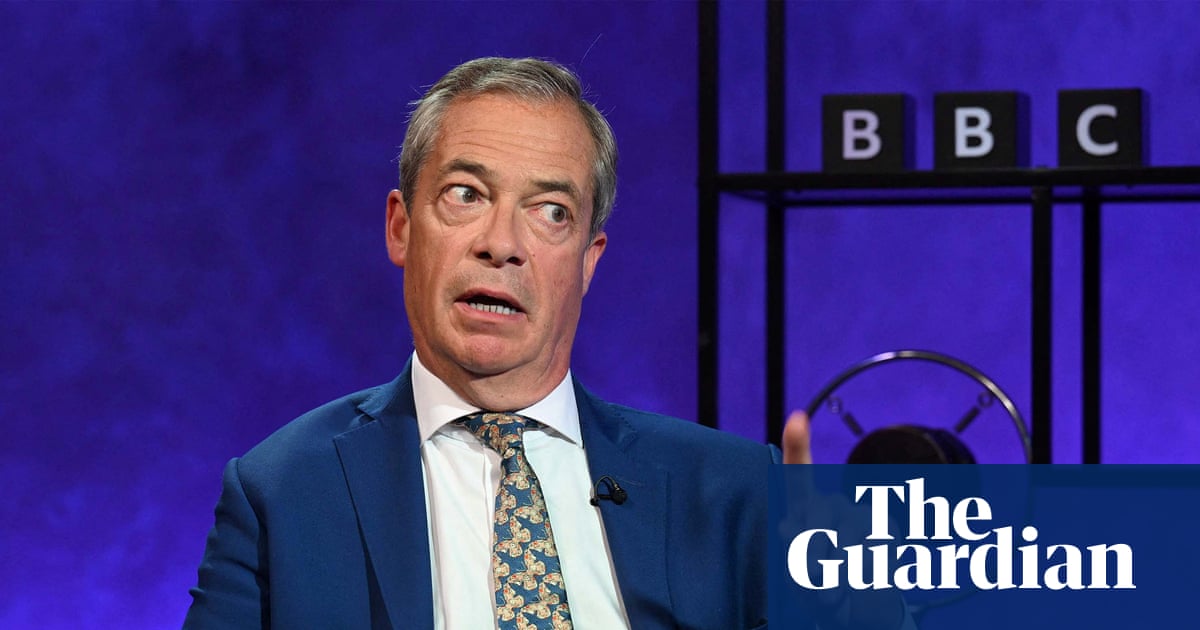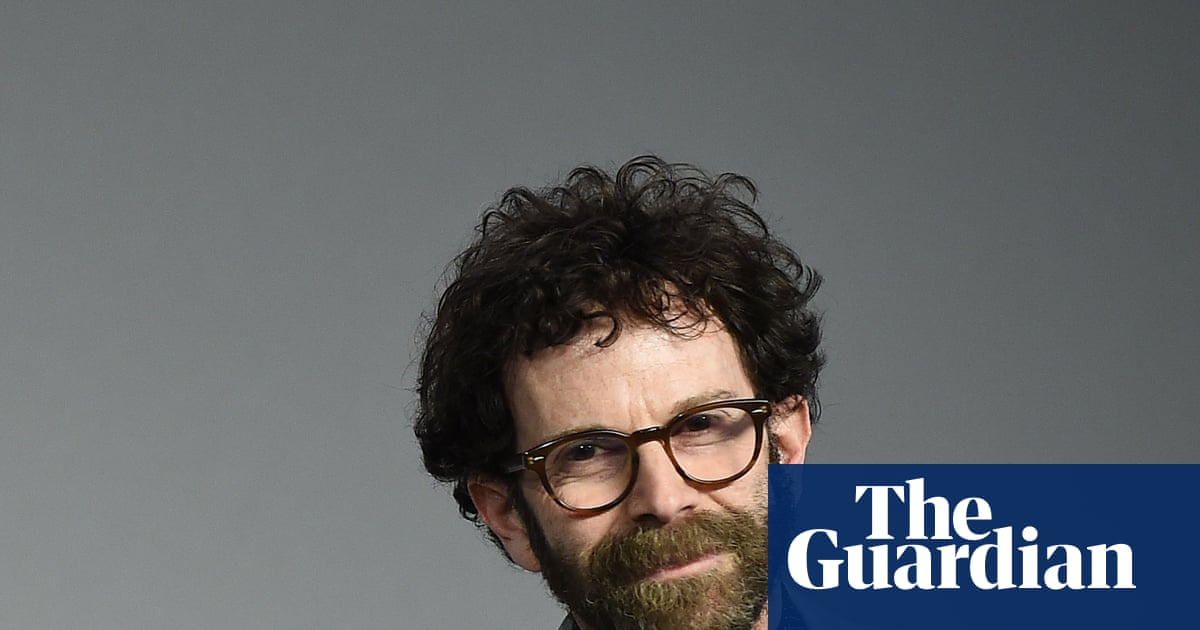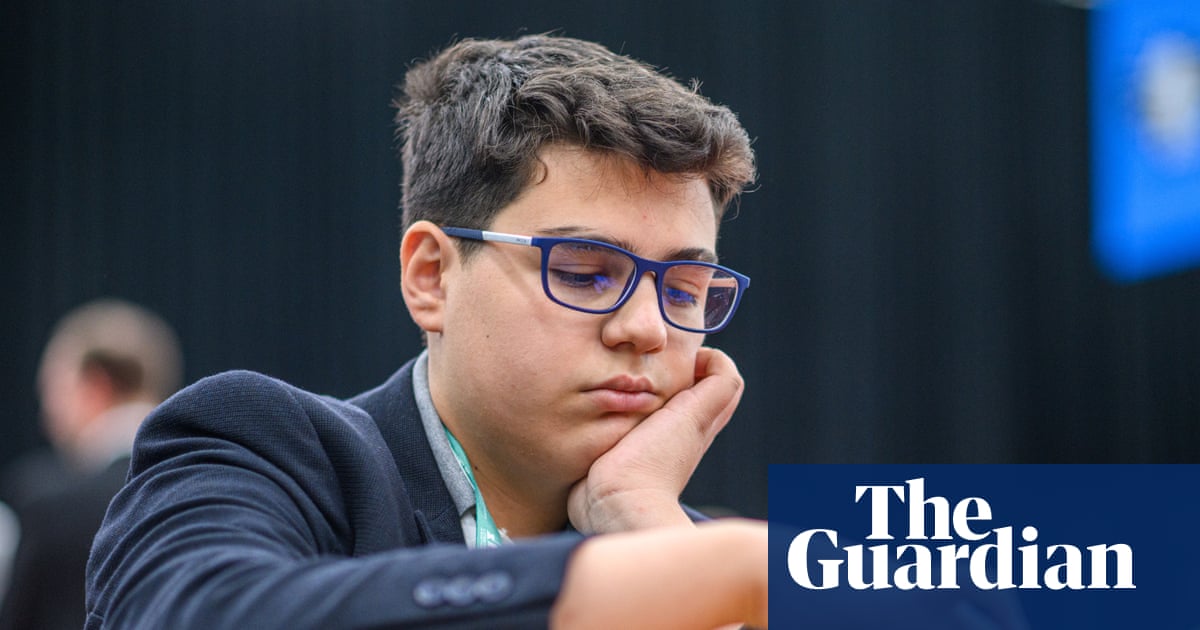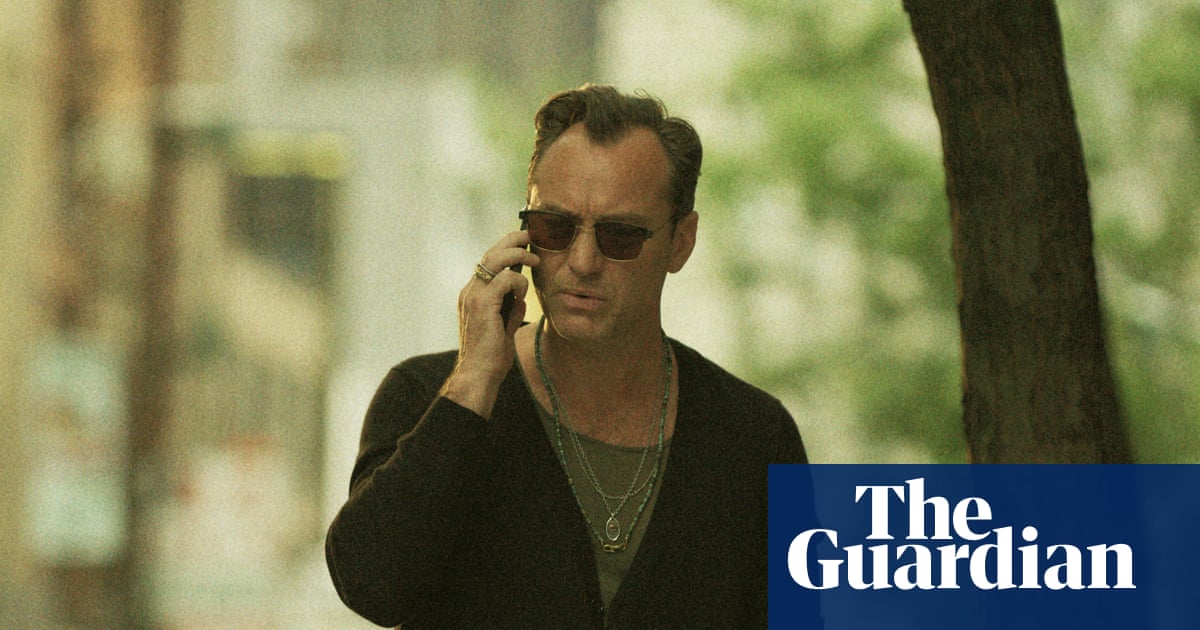Britain is facing “a new era of threat” with drones, artificial intelligence and other technologies changing the nature of warfare more fundamentally than at any other point in history, the government’s strategic defence review is expected to conclude on Monday.
The 130-page document written by three advisers to the prime minister, Keir Starmer, will warn of the “immediate and pressing” danger posed by Russia and is expected to try to draw heavily on lessons learned from the war in Ukraine.
But it will also focus on China, not described as an enemy but as a “sophisticated and persistent challenge”, which at times has been willing to cooperate with Moscow, and two smaller “regional disruptors” – Iran and North Korea.
It will paint a picture of the most heightened military and security threat since the end of the cold war, though it falls short of saying that the intensity of Moscow’s cyber and sabotage activities means the UK has already drifted into a war with Russia.
The analysis, put together by a team headed by the former Nato secretary general George Robertson, is not expected to set out fresh commitments for defence spending. Instead, it will reiterate a commitment made by Starmer in February to increase the defence budget to 2.5% of GDP by 2027 and to 3% in the next parliament.
But it is likely to be used to help justify a significant expansion in medium-term defence spending that is expected to be agreed at the Nato summit later in June that could amount to more than £50bn in real terms.
Members of the western alliance are discussing a proposal to increase core defence spending to 3.5% of GDP by 2032, with a further 1.5% for cyber and infrastructure initiatives, in response to pressure from Donald Trump.
This week Mark Rutte, Nato’s secretary general, said he expected the June summit in The Hague would see allies agree on “a high defence spend target” of 5% in total, including a figure “considerably north of 3%” on pure defence spending.
The review is also expected to refer to the question of the size of the British army, amid reports that the Ministry of Defence and Treasury have been battling over whether to include a commitment to increase numbers from the target of 73,000.
Figures out this week show that the size of the army has dropped below the target to the lowest level since the Napoleonic era and earlier, with the number of full-time trained soldiers at 70,860 on 1 April, down 2.3% over the preceding year.
A military source said the defence secretary, John Healey, a persistent critic of falling army size in opposition, had won a commitment to increase the army by a few thousand, but the Ministry of Defence said it did not recognise the speculation.
A commitment to increase army numbers by 5,000, if the recruitment can be achieved, would cost about £2.5bn a year in extra pay, accommodation, kit and other resources. But if successful, it would help the military be able to meet what are likely to be growing overseas commitments in the years ahead.
Britain and France have agreed to lead a multinational “reassurance force” of up to 30,000 to help keep the peace in Ukraine and keep its air and seaports open if Russia signs up to a durable ceasefire, though so far Vladimir Putin has been unwilling to do so, despite pleas from Trump to stop the war.
after newsletter promotion
Peter Ricketts, a former national security adviser, said that while it would make sense for the MoD to spend more on drones, cyber capabilities and artificial intelligence, “another lesson of Ukraine is that mass counts, in terms of manpower and equipment” – and that resourcing of 3.5% of GDP would ultimately be necessary.
An extra £1.5bn is to be allocated by the MoD for improving military accommodation, including urgent upgrades for the 1,000 worst homes, while there will be plans to create a volunteer home guard to protect airports and other sensitive sites from drone or other unexpected attacks by hostile states and terrorists.
The other members of the review panel were the retired general Sir Richard Barrons and Fiona Hill, a former Russia adviser to Donald Trump, who has previously said that “structurally” world war three has already begun because the international norms of behaviour have been eroded by Russia in Ukraine and by fighting in the Middle East.
Lord Robertson, the chair of the panel, previously described Russia, China, North Korea and Iran as a “deadly quartet” who were increasingly working together. Iran has emerged as a supplier of drones to Russia while China provides components for weapons – and North Korea has sent troops to fight against Ukraine.
Starmer is expected to unveil the outline review at an event on Monday before Healey lays the full document before parliament.

 3 months ago
106
3 months ago
106


